ADHD, Our Family and What I’m Learning
This post may contain affiliate links.
Do you have a child with attention issues?
I’ve wondered for years if my oldest daughter had attention issues. She almost always had a difficult time focusing but sometimes could focus intently for hours. I thought I would wait and see how she did in school before investigating any farther. But, recently she’s been having more trouble — taking a lot longer to get things done than her classmates but more than that, I was seeing a level of defiance and rudeness that concerned me.
When we spoke about this behavior, she told me she felt like she was outside herself watching but couldn’t stop it.
Was this just an excuse? I wanted to have compassion yet high behavior expectations so I set about to learn more information before I decided how to react to her behavior.
I knew it was time to get up to speed on ADHD.
(*As a teacher, I knew for sure that ADHD was a very real diagnosis — not to label a child, but to help children better understand how their brain works and find helpful strategies for learning.)
I spoke with an ADHD expert who said yes, the defiance could very well be a symptom of ADHD. (!!) I had no idea.
Shocked, I wanted to learn more.
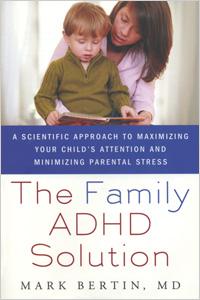 The Family ADHD Solution
The Family ADHD Solution
So, I read The Family ADHD Solution by Mark Bertin, MD — and it was life-changing.
But before I tell you about it, I want to tell you that discovering that my husband had ADHD literally saved our marriage. Because once I realized that his intention wasn’t to be disrespectful, that his brain was easily distracted, and he really loved me, we had something from which we could build. (Talk about life-changing!) I found out that ADHD often runs in the family, or at least children whose parents are ADHD are more pre-disposed to having it. I also discovered that a lot of adults with ADHD are entrepreneurs and very creative. Cool, huh?
Back to the book.
I gained a broader understanding of ADHD.
Frontal Lobes
ADHD is not just a focusing issue. “ADHD is a disorder of self-regulation and a set of skills called “executive function.” With ADHD, the frontal lobes are under-active and easily overwhelmed by tasks that seem easy to others. Add that to not great executive function and you get behaviors like melt-downs, impulsive behaviors, and poor motivation. (Would that explain my daughter’s feeling that she wasn’t able to control what came out of her mouth?)
Oh, and remember how I noticed my daughter could focus for longer periods of time? Well, it turns out that like I’d seen in my husband, people with ADHD can hyperfocus, or over focus. Hmmmm. Interesting stuff.
Bertin writes, “ADHD is as frustrating for the children who have it as it is for adults trying to raise them.” (Feeling compassion, not annoyance now.)
But it is hard for parents.”To teach a child with ADHD skills and change behaviors, parents must maintain their resolve over far longer stretches of time than they would with other children.” (That’s for sure!)
Besides attention management struggles, we also can see that people with ADHD have challenges with: task management, effort and motivation, emotional regulation, working memory, and self-monitoring.
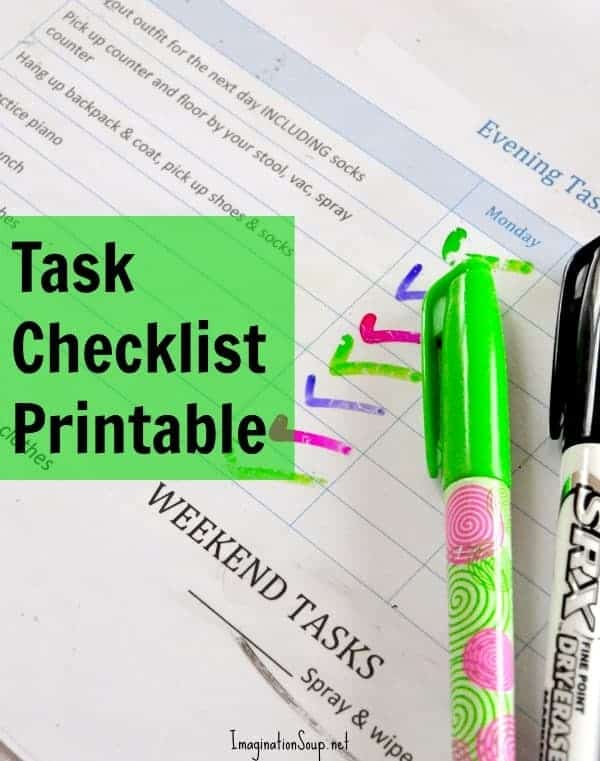 More Lessons on ADHD
More Lessons on ADHD
The book shares how mindfulness meditation can benefit children with ADHD as well as their adult caretakers — emphasizing how as parents, we must take care of ourselves so that we can be consistent with the boundaries and structures.
I liked how Bertin focused on helping children with one thing at a time and also making sure we go back to the skills the child needs — without skipping ahead on the developmental continuum and not seeing results. Crawl before Walk before Run.
One thing I knew I could do better to help my daughter, whether she has ADHD or not, was to create a list of tasks to do before school and after school. That way she doesn’t have to try to keep it all in her memory – which is really hard for her and usually means that I end up nagging. Boo to that! Here are my lists if you want to use them, too.
Morning List – .docx
Evening List – .docx
I stuck the lists in a clear plastic pocket, gave her a dry-erase marker, and now she only has to remember to check her task list.
Next Steps
I’m changing pediatricians but when that’s finished, I’ll take her to be evaluated. They’ll give me and the teachers a checklist like this one or this one.
As far as medication goes, we’ll cross that bridge when we come to it. I realize that sometimes medication can be a gift to help us be our best selves.
The ADHD Family Solution book says that a combination of medication and behavior therapy gets the best outcomes according to studies. It mentions how medication can help children develop executive function skills.
Your Story
I would like to hear from you. What is your experience with ADHD? Do you recommend any other books or resources?
UPDATE: (1/2018)
After getting my daughter tested, we learned that she is super smart. (Which is cool! I need to give her more credit. #parentinggoals) Our biggest ah-ha that I wanted to tell you was that while ADHD is an issue for her, her bigger struggle is with VERY slow processing. (Like the 1%.)
It makes a lot of sense now that we know this. I can see why her attention would drifts– because it takes her so long to access information or think something through. Can you imagine trying to solve a problem, read a sentence, or answer a question but you can’t quite get make your brain process fast enough?
And now that she gets extra time to do work and tests, her grades are much better!

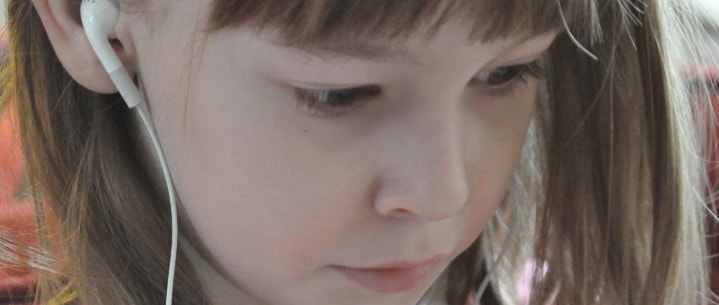
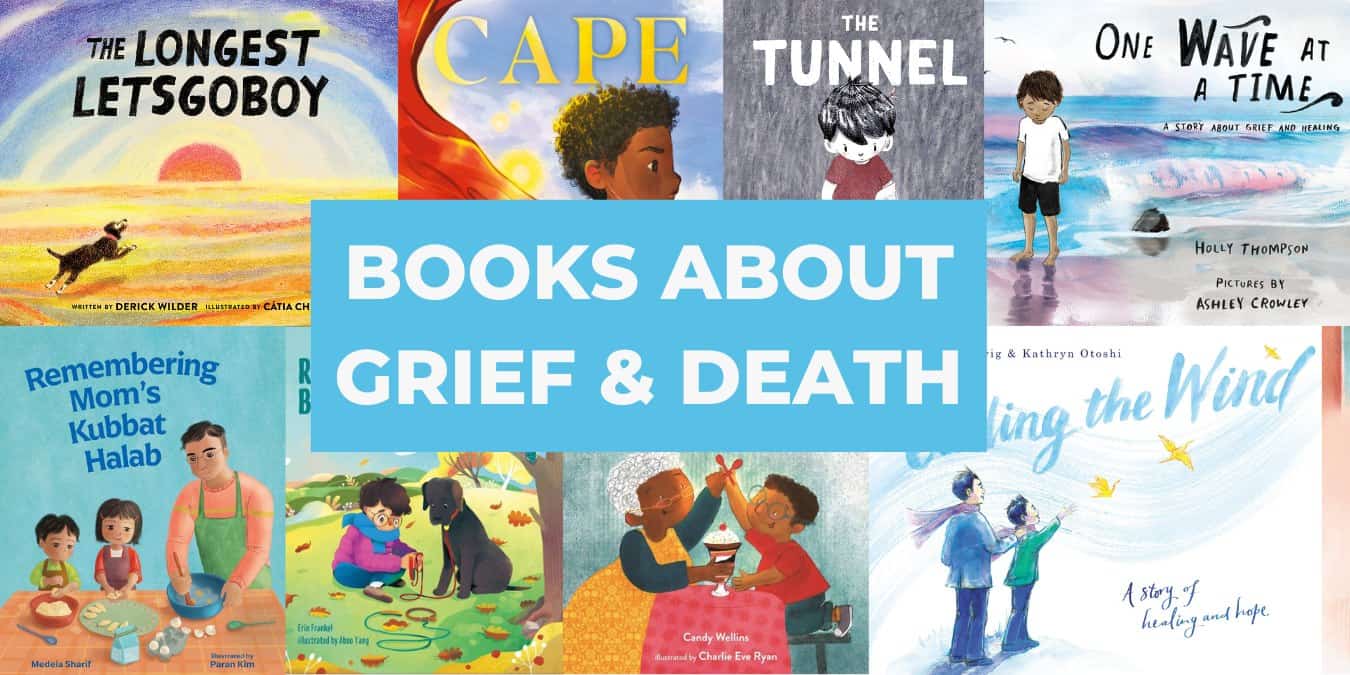
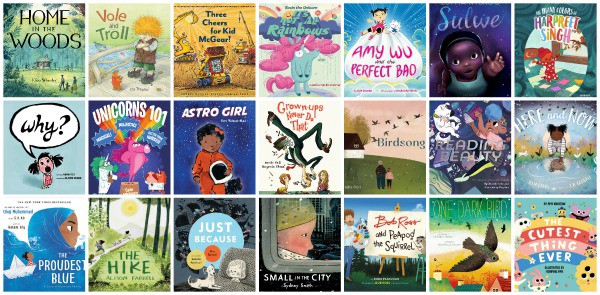
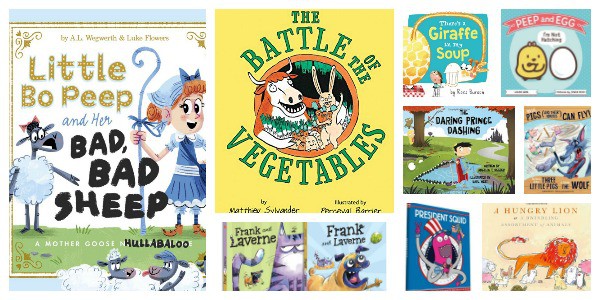
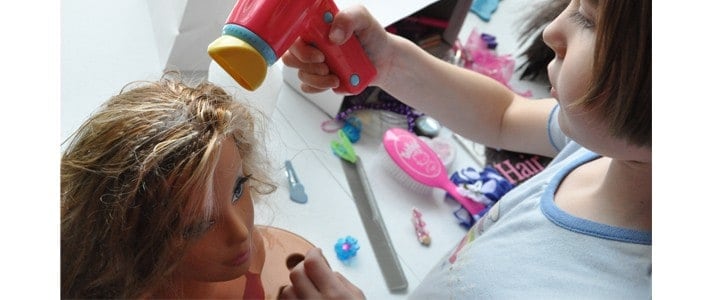
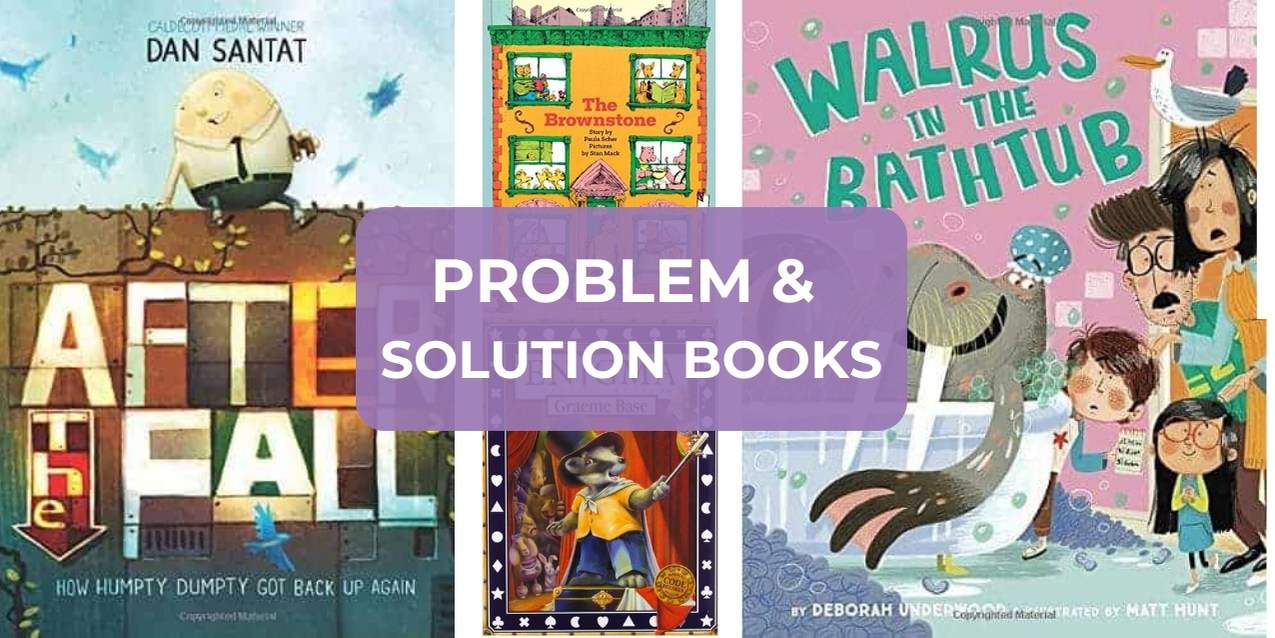
Common Sense Media just did a post about apps to help kids be more responsible. We haven’t tried them yet, but I’m curious (and my sons are motivated by all electronic, especially since I limit it pretty much. I LOVE your idea of a.m./p.m. lists, and one of the apps discussed includes some lists. I love all the ideas shared in this discussion–very thankful for these great insights! Here’s the link to the apps:
http://www.commonsensemedia.org/blog/7-apps-to-help-your-kid-be-more-responsible?utm_source=042513_Parent&utm_medium=email&utm_campaign=weekly
good to know, thanks!
Hi Melissa,
I generally talk to you about kids apps. Today I am going to share. My son has ADHD + mulitple learning disabilities. I have read this book. It is a vault of information. And I am fortunate enought to live in NY and Dr. Bertin is our developmental pediatrician. We see him once a month. And with Dr Bertin’s help we are getting a handle on my son’s ADHD.
Feel free to email me if you ever need.
-Joey
thank you for sharing & your kind offer. How great that you have such an expert to help you!!
I know I got really lucky that he is near by. Life is quite a journey and having a child with ADHD makes it very interesting. Good luck, you are off to a great start!
Excellent post, had chance to hear Dr. Bertin at CHADD conference on ADHD where he presented a balanced discussion on media use in kids with ADHD. If readers are interested in teaching their chidren about executive functions (EFs) or learning more for themselves, we have a number of free resources at http://learningworksforkids.com/kids-zone/what-is-organization/ and in many other places on the site . Our work suggests that EFs are often best thought of as skills that can be taught, albeit, sometimes slowly with children with ADHD.
slowly – yes, I think that’s my learning curve — to not expect immediate results. Along with the checklist, I made a checkout sheet to make sure she was only getting 30 minutes of tech time / day. So far so good. Thanks for the link, also!
Thank you for sharing your story. I love your checklists. My son has trouble multi-tasking they will be great for him. I have pinned this post.
thank you!
Wonderful (and timely) post, Melissa! I really needed the reminder about how anger is connected with ADHD and isn’t simply a matter of “disrespect”. The anger really can kick in when the “hyper-focusing” is in force. There is not really and “arrival” with the managing of this because the novelty (of strategies) wears off, and new strategies need to be implemented (or rotated through). So, your checklist idea for morning/afternoon-evening is a good idea (a shift from the paper list). Our counselor has really helped us see (big learning curve to break these habits) the importance to sit on your hands when it comes to reminding because these children can become VERY prompt dependent. As she and Love and Logic have taught, let the “consequences speak” more than hounding, and add novelty to things. I recommend books by Edward Hallowell as well as his website, http://www.drhallowell.com/. I also recommend an author who doesn’t specifically speak about only ADHD, but he is SO informative on how the girl and boy brains (specifically) work–Michael Gurian who wrote “The Minds of Boys”, “The Wonder of Girls” and several other books. Finally…EXERCISE! It helps so much! The ideas on these comments are wonderful…thank you all!
Hallie, thank you — forgot to think about exercise! I can add that in, too. And go read those suggestions, thanks!
Yes, exercise has helped a lot with my boys too. We had them all join a swim team last year and they do a lot of activities at the YMCA.